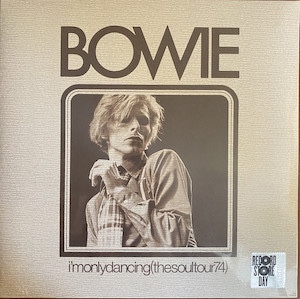Verge; Wicked Game
By Jo Phillips
Chris Isaak’s much treasured 1989 song, ‘Wicked Game’ is a ballad about unrequited love. Its words allude to conflicted emotion as memories of infatuation blur into sorrow.
Irish singer James Vincent McMorrow’s cover, released on the EP ‘We Don’t Eat’, is one of the artist’s most recognised singles, and its success cannot be measured by mere imitation. Its guitar riff isn’t completely dissimilar to the old, but it does promise a new experience. It might be claimed that McMorrow’s version is missing the ambiguity and the timeless, dreamlike depth that compliments the original, but what McMorrow’s ‘Wicked Game’ does do is take the sorrowful aspect of the song, and almost solely home in on this element. The product of this allows the listener to see the subject of the lyrics as merciless in their ‘game’, a game which is entirely unfair on the song’s narrator. In both versions, this narrator is reaching out with both hands and failing to make contact, but in this cover, there’s an unfamiliar kind of melancholy, as if the person who is the cause of the narrator’s pain is somebody who already belongs to the past.
There’s something about it being a “cover song” that adds to this, too; the notion that it isn’t his original words almost suggest a larger kind of impotence, like the power in McMorrow’s voice stands for the cries of a grown man, laying in the foetal position in an empty, unlit bedroom. In McMorrow’s cover, the narrator is not sinking into the abyss. He has already sunk.
If you are interested in cover versions and want to read more, check out our latest issue’s piece on the subject here.






